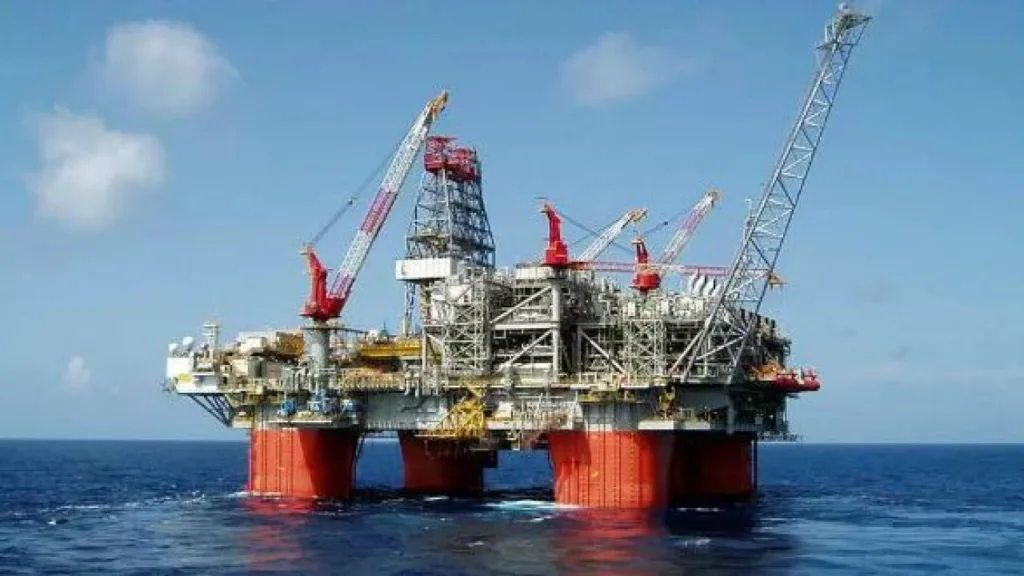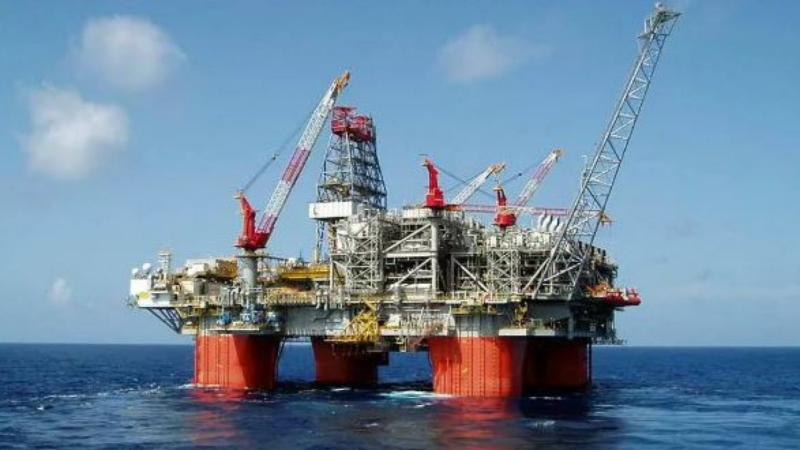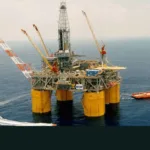S&P Global Commodity Insights analysts have disclosed that Nigeria has assumed the position of Africa’s primary importer of refined petrol, amid a surge in petrol shipments from Europe to the continent.
Following the European Union’s ban on Russian oil since April 2023, crude oil shipments from the Middle East to Europe have notably escalated.

This increase has resulted in surplus refined petrol vessels from Europe diverting towards Africa, with Nigeria emerging as the main recipient.
However, the report has cautioned that Nigeria’s reliance on petrol imports from Europe may be short-lived, with the imminent full-scale production from the 650,000-barrel Dangote refinery.
Upon the refinery’s operationalization, Nigeria’s import demand for petrol is expected to decrease, leading to potential shifts in European petrol exporters’ strategies, either finding alternative markets or reducing supply to Africa.
The report emphasizes Nigeria’s recent strides in reducing refined petroleum imports, including a 20% stake acquisition in the Dangote refinery by the Nigerian National Petroleum Corporation (NNPC) in 2021 for $1.036 billion.
Furthermore, the NNPC has undertaken contracts to refurbish state-owned refineries in Delta, Rivers, and Kaduna.
Notably, phase 1 of the Port-Harcourt refinery was completed in December, with a refining capacity of approximately 60,000 barrels of crude oil per day, while the Delta and Kaduna refineries are progressing through various completion stages.
Despite delays since its commissioning in May 2023, the 650,000-barrel capacity Dangote refinery commenced crude oil refining operations in February after receiving crude oil for processing in December.
Since the removal of the petrol subsidy in June, the Nigerian federal government has pursued measures to curtail crude oil imports, aiming to stabilize local prices and diminish foreign exchange demand on imports.















